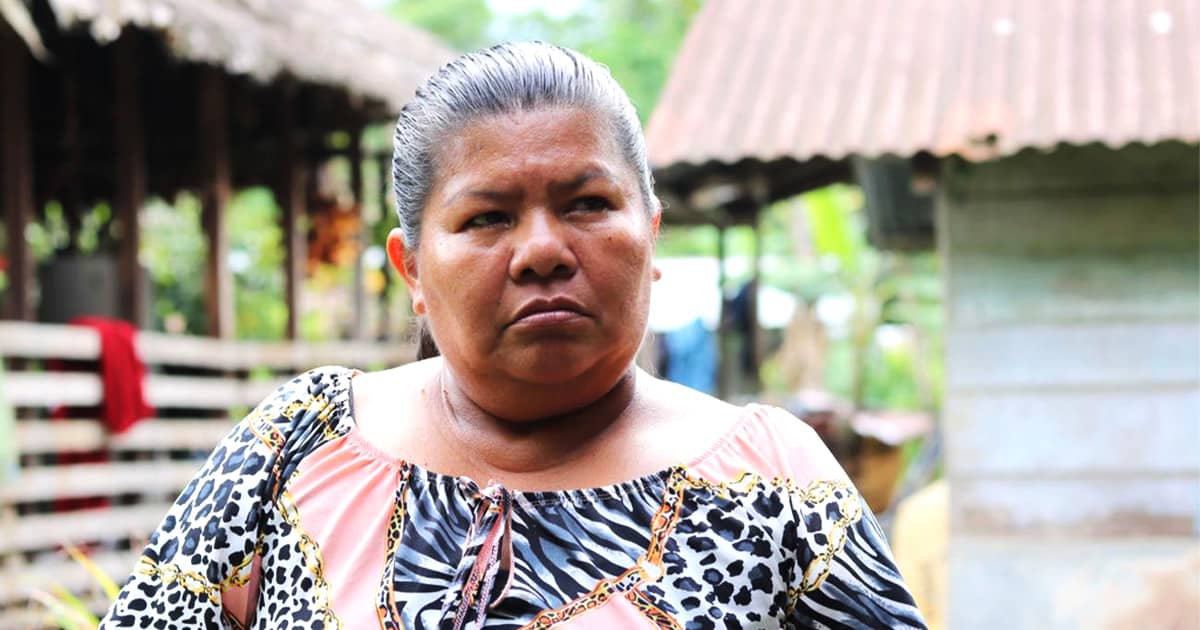Costa Rica is pioneering a bold new strategy to combat the alarming rise of online hate speech in Latin America. As highlighted by Faustina Torres, a member of the Bribri indigenous community, discrimination and invisibility of minority groups persists in Costa Rican society.
To proactively foster inclusive digital spaces, Costa Rica is developing the region’s first national strategy against online hate speech and discrimination, with support from the United Nations.
Slated to launch by end of 2023, the groundbreaking strategy will establish policies and interventions to foster safe, inclusive digital spaces.
“Costa Rican society does not teach us that there are indigenous people in this country,” said Faustina Torres, a member of the Bribri community. “It is a form of discrimination, making the existence of indigenous peoples invisible.”
“We must not let hate, violence and discrimination become normalized,” emphasized Communication Minister Jorge Rodríguez when announcing the strategy. “Decisive action from the State and all societal actors is required to address this profound challenge.”
A UN study utilizing artificial intelligence uncovered over 1.4 million hate messages on Costa Rican social platforms in 2022, representing a 255% increase since 2021. Targets are frequently women, LGBTQ+ people, migrants and other minority groups.
“Targeted women felt afraid to express opinions,” explained UN Resident Coordinator Allegra Baiocchi. After the UN urged action, Costa Rica responded decisively.
The comprehensive strategy will encompass solutions to halt the spread of online hate, from assigning institutional responsibilities, monitoring impacts, and enacting interventions across digital platforms. Early steps include launching a guide to tackle digital violence against women politicians and establishing a hate speech observatory with the University of Costa Rica.
Strategic partnerships have also educated citizens on legal protections. “Victims can now access resources to safeguard rights,” said Baiocchi. Initiatives like teaching debate in schools have also emerged.
Costa Rica’s pioneering leadership aligns with the UN Secretary-General’s call to eradicate hate speech globally. “Unchecked, hate speech can undermine peace and development,” he warned.
With a holistic strategy engaging all stakeholders, Costa Rica is proactively building digital spaces marked by mutual respect and social cohesion. Although work remains to fully stamp out hate and discrimination, the country’s bold vision demonstrates progress is possible when society unites behind shared values of dignity.
Comprehensive Approaches to Monitor, Prevent and Respond to Online Hate
Experts emphasize implementing layered strategies to combat complex digital threats. Costa Rica’s strategy incorporates:
- Monitoring: Tracking hate speech prevalence across platforms using AI and analytics provides crucial data to inform solutions.
- Prevention: Education campaigns, teaching conflict resolution skills and promoting tolerance can stem discrimination at its roots.
- Early Response: Tools allowing social media users to easily report harmful content enables rapid removal before it spreads.
- Accountability: Regulations obligating platforms to establish user policies, content moderation and redress mechanisms fosters responsibility.
- Empowering Targets: Initiatives like Costa Rica’s legal handbook help marginalized groups protect rights and safety. Hotlines also provide support.
- Rehabilitation: Programs helping offenders reflect on and reform hateful mindsets can prevent reoffending. Restricting platform access may also deter repeat behavior.
- Counter-Narratives: Positive media campaigns, community dialogues, and empowerment of vulnerable groups presents alternatives to extremist ideologies.
A Blueprint for the Region and the World
Costa Rica’s strategy can serve as a model for Latin American and global efforts to create digital peace. Key success factors include:
- Cross-sector collaboration between government, civil society, academia, marginalized communities and the private sector.
- A focus on respect for human rights and social inclusion.
- Extensive monitoring of online platforms using AI to understand trends.
- Multi-pronged approaches addressing root causes, prevention, response and rehabilitation.
- Empowering targets with knowledge of rights and recourse.
- Innovative digital citizenship education, especially for youth.
With its comprehensive strategy, Costa Rica demonstrates that with shared responsibility and proactive leadership, a more just, peaceful digital landscape is possible.






